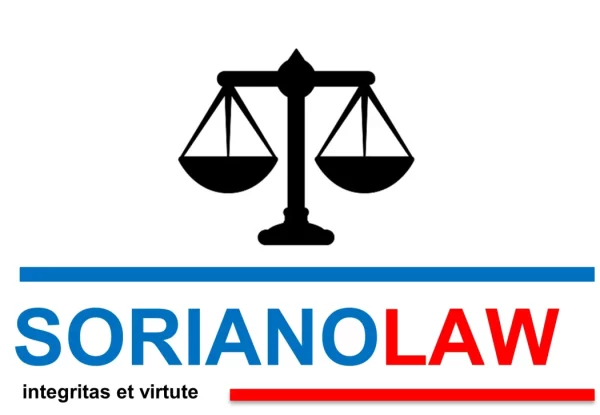Aside from Christmas parties and gifts, business owners should not forget that there are year-end duties for every company to avoid sanctions and penalties that could be imposed by our government regulators. What are these obligations?
First, Renew the business registration such as the Mayor’s permit.
Second, pay the annual Bureau of Internal Revenue (BIR) registration fee and update the summary list (or alphalist) of the income payees of the company. Along with this, it is also better to prepare the BIR Form 1604CF – Annual Information Return of Income Taxes Withheld on Compensation at BIR Form 1604E – Annual Information Return of Creditable Income Taxes Withheld (Expanded)/Income Payments Exempt from Withholding Tax because they are submitted to the BIR before March 1. In addition, the company needs to submit to the BIR the signed copies of BIR Form 2316-- Certificates of Compensation Payment/Tax Withheld before February 28.
Third, all companies and taxpayers that are engaged in business, if not exempted, are required to submit to the BIR and Securities and Exchange Commission (SEC) (for corporations only), a copy of their Annual Income Tax Return (BIR Form 1701 or 1702) and Audited Financial Statements before April 15. If the company registered with the SEC has gross sales or revenue of more than P5,000,000.00 in a year, it must fill up a form and submit to the SEC in an Excel form within 30 days from the last day of submission of the Audited Financial Statement every May 15.
The SEC has other annual reporting requirements, including the submission of a General Information Sheet and Inventory List. Its sample forms can be found on the SEC website.
If the business is leasing property for commercial activities, the BIR requires the businessowner to submit a) layout of the leased property b) certified true copy of lease agreement per tenant and c) lessee information sheet as of December 31.
The penalty is expensive and the license or permit of the company can be removed if it does not comply with the said annual requirements.
Another important annual duty of every company is to give 13th month pay to its employees. All rank-and-file employees (or non-managerial) must be given their 13th month pay before December 24. This is mandatory, unlike the occasional bonus.
The 13th month pay is 1/12th of the employee's salary received throughout the year. On the Department of Labor and Employment (DOLE) website there is a guide on the correct calculation of the 13th month pay. Do not forget that even if the employee has resigned or has been fired by the company, his/her 13th month pay must still be paid pro-rata.
There are some exempted employers from giving 13th month pay, they are as follows:
- Distressed employers with prior authorization from the Secretary of Labor to be qualified for exemption;
- The government and its political subdivisions, including government-owned and controlled corporations (GOCC), except those corporations operating essentially as private subsidiaries of the Government;
- Employers who are already paying their employees 13th Month Pay or equivalent;
- Employers of persons in the personal service of another in relation to such workers; and
- Employers of those who are paid on purely commission, boundary, or task basis, and those who are paid a fixed amount for performing specific work, except those workers who are paid on piece-rate basis, in which case the employer shall grant such workers the required 13th Month Pay.
To have a happy year-end and a prosperous business next year, be compliant with these annual duties. #30
BizHelp is a non-profit legal information project of the Z. Soriano & Associates law firm for SME businesses. Website: https://www.zsorianolaw.com, tel. nos. (46) 516 7465 | (46) 515 6846 and email: [email protected].
